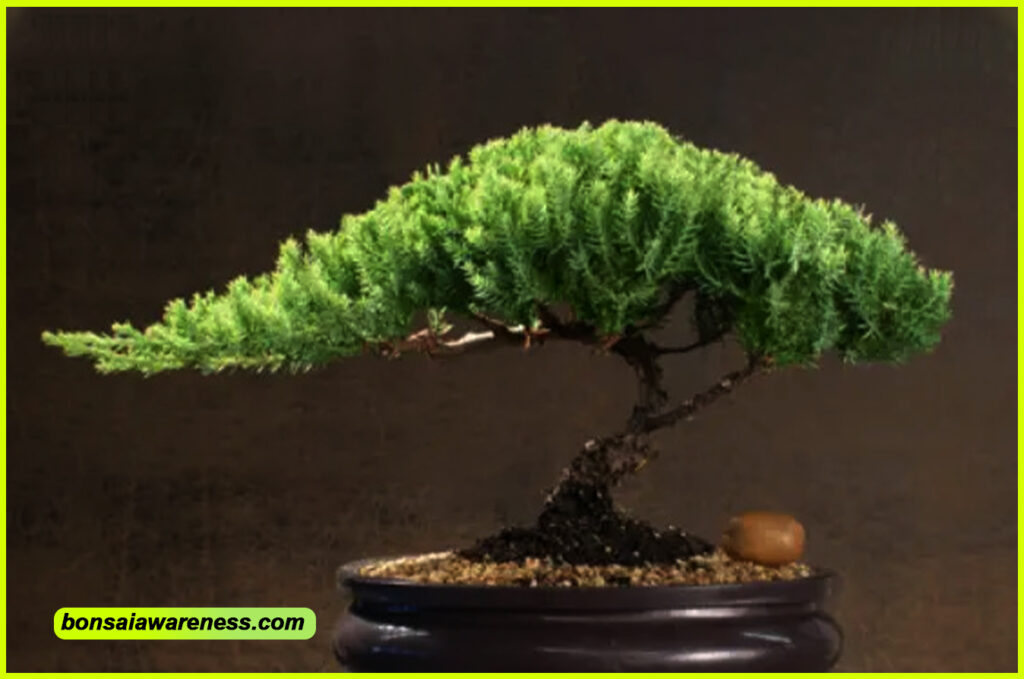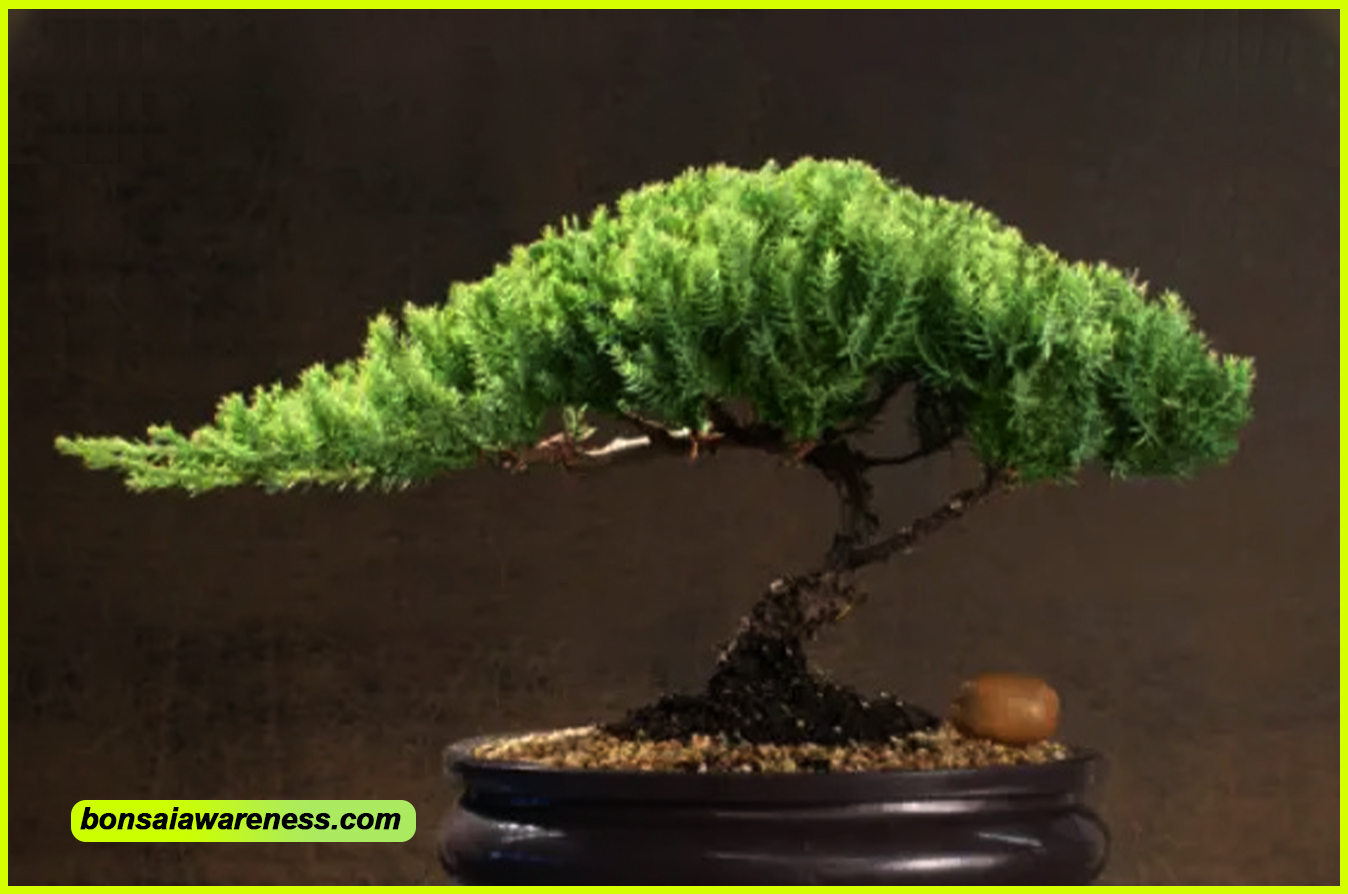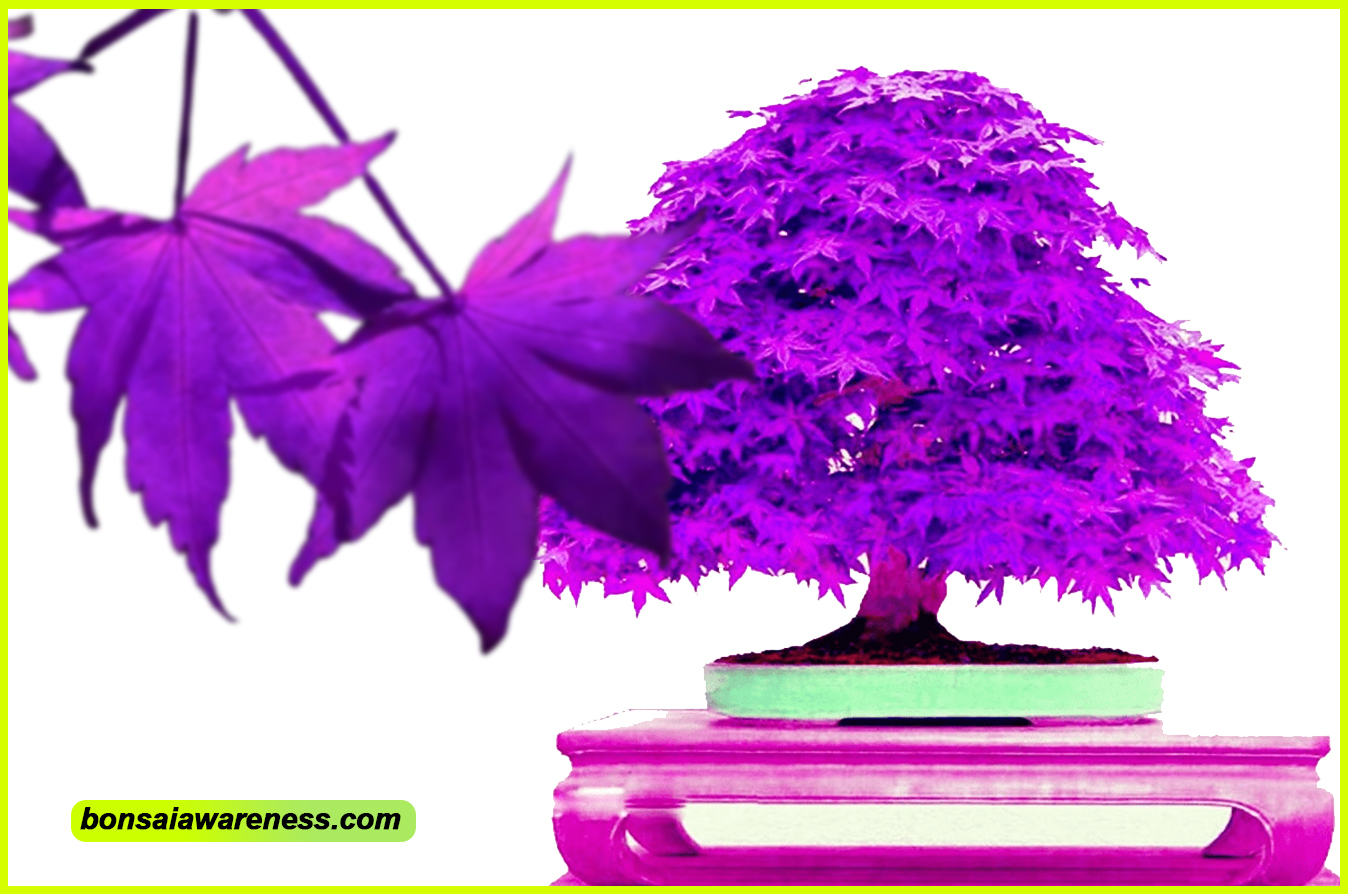The best soil for bonsai juniper is a well-draining mixture of akadama, pumice, and lava rock. Bonsai junipers require a specific type of soil to thrive.
The right soil composition ensures that the roots receive proper aeration and drainage, preventing root rot and other issues. A good soil mix for bonsai juniper consists of akadama, pumice, and lava rock. Akadama provides excellent water retention, pumice aids in drainage, and lava rock helps with aeration.
This combination creates an optimal environment for the roots to grow and absorb nutrients. It’s important to note that using regular garden soil or potting mix is not suitable for bonsai juniper, as it retains too much moisture and can suffocate the roots. By using the correct soil mix, bonsai enthusiasts can ensure the health and vibrancy of their juniper bonsai trees.
Understanding Bonsai Juniper
The Bonsai Juniper is a popular plant in the art of bonsai. It is known for its delicate foliage and attractive appearance. Understanding the characteristics of Bonsai Juniper is crucial to ensure its proper care and maintenance.
Bonsai Juniper has certain specific requirements when it comes to soil. It prefers a soil mixture that is well-draining and provides adequate aeration for the roots. The ideal soil for Bonsai Juniper should be a combination of organic matter like peat moss or compost and inorganic matter like sand or crushed granite. This mixture helps to retain moisture while preventing overwatering, thus maintaining the health of the plant.
The care and maintenance of Bonsai Juniper are also important factors to consider. It requires regular watering, but it is essential to avoid overwatering as it can lead to root rot. Pruning and shaping the branches are necessary for maintaining the desired aesthetic appeal. Additionally, providing proper sunlight exposure and protecting the plant during extreme weather conditions is crucial for its long-term health.
In conclusion, understanding the characteristics of the Bonsai Juniper and providing the best soil, care, and maintenance are vital for the successful growth of this beautiful Bonsai plant.
Importance Of Soil In Bonsai Juniper
The soil used in bonsai juniper plays a crucial role in its growth and overall health. The right soil composition ensures proper drainage and aeration, allowing the roots to thrive and absorb essential nutrients. Bonsai junipers require a well-draining soil mix that retains enough moisture while preventing waterlogged conditions. This helps prevent root rot and other diseases caused by excessive moisture. Poor-quality soil, on the other hand, can have detrimental effects on the bonsai juniper’s health. Compacted soil restricts root growth and hampers nutrient absorption, leading to stunted growth and weak foliage. Additionally, if the soil lacks proper drainage, it can lead to overwatering, suffocating the roots and causing root rot. Therefore, it is crucial to select the best soil for bonsai juniper, ensuring optimal growth and longevity of the plant.
Characteristics Of The Best Soil For Bonsai Juniper
Choosing the best soil for bonsai juniper is essential for their overall health and growth. The characteristics of an ideal soil include well-draining and nutrient-rich properties. The soil should allow water to pass through easily, preventing waterlogging and root rot. At the same time, it should retain enough moisture for the plant to access when needed. Well-draining soil also promotes oxygen circulation, crucial for healthy root development. Nutrient-rich soil is important for providing essential elements for the plant’s growth and development. It should contain a balanced mix of organic matter, minerals, and micronutrients. This ensures that the bonsai juniper has access to the necessary nutrients for vibrant foliage and a strong root system. Additionally, using soil mixes specifically formulated for bonsai plants can further enhance their performance and vitality. With the right soil conditions, bonsai juniper can thrive and bring beauty to any garden or indoor space.
Different Types Of Soil For Bonsai Juniper
Bonsai Junipers require specific types of soil for optimal growth and health. Here are the different types of soil commonly used:
| Type of Soil | Description |
|---|---|
| Akadama Soil | Akadama soil is a popular choice for bonsai junipers due to its excellent water retention and drainage properties. It provides a stable root environment and promotes healthy growth. |
| Pumice Soil | Pumice soil is another option for bonsai junipers. It has excellent drainage properties, allowing the roots to breathe and preventing waterlogging. Pumice soil also helps prevent root rot. |
| Peat Moss Soil | Some bonsai enthusiasts prefer using peat moss soil for bonsai junipers. Peat moss retains moisture well and provides a slightly acidic pH, which is beneficial for the growth of junipers. |
Choosing the right soil type is crucial for the overall health and vigor of bonsai junipers. It is important to consider factors such as water retention, drainage, and pH levels when selecting soil for your bonsai juniper.
Tips For Choosing And Preparing Soil For Bonsai Juniper
Choosing the right soil for your bonsai juniper is crucial to its overall health and growth. Testing the quality of the soil is the first step in ensuring that it provides the necessary nutrients and drainage. It’s simple to carry out soil tests to determine its texture and composition. Once you understand the soil’s characteristics, you can mix the components accordingly. A good bonsai soil mix typically consists of organic materials like peat moss, as well as inorganic components such as akadama and pumice. The right balance of these components will provide both moisture retention and proper drainage. Preparing the soil involves sifting it to remove any large particles or debris. This will create a fine, well-structured soil that promotes healthy root growth. Take the time to prepare the soil properly, and you’ll have a bonsai juniper that thrives for years to come.
Frequently Asked Questions For Best Soil For Bonsai Juniper

What Type Of Soil Is Best For Bonsai Juniper?
The best soil for bonsai juniper is well-draining and composed of a mixture of akadama, pumice, and lava rock. This soil combination provides the juniper with the ideal balance of moisture retention and aeration, promoting healthy root growth and preventing waterlogged conditions.
How Often Should I Water My Bonsai Juniper?
Bonsai juniper should be watered regularly to ensure optimal health. As a general guideline, you should water your juniper when the top inch of soil feels dry to the touch. The frequency of watering may vary depending on factors such as temperature, humidity, and soil composition, so it’s important to check the soil’s moisture level regularly.
Can I Use Regular Garden Soil For Bonsai Juniper?
Using regular garden soil for bonsai juniper is not recommended. Garden soil tends to be dense and retains too much moisture, which can lead to root rot and other issues. It is best to use a specific bonsai soil mix that provides proper drainage and aeration for the juniper’s roots.
Conclusion
To ensure the healthy growth of your bonsai juniper, choosing the right soil is crucial. By providing proper drainage, good nutrient retention, and a balanced pH level, you can create an ideal growing environment for your plant. Whether you opt for a pre-mixed soil or create your own blend, remember that the soil’s consistency, moisture retention, and nutrient content are essential factors to consider.
Finding the best soil for your bonsai juniper will ultimately contribute to its overall health and longevity.


Leave a Reply